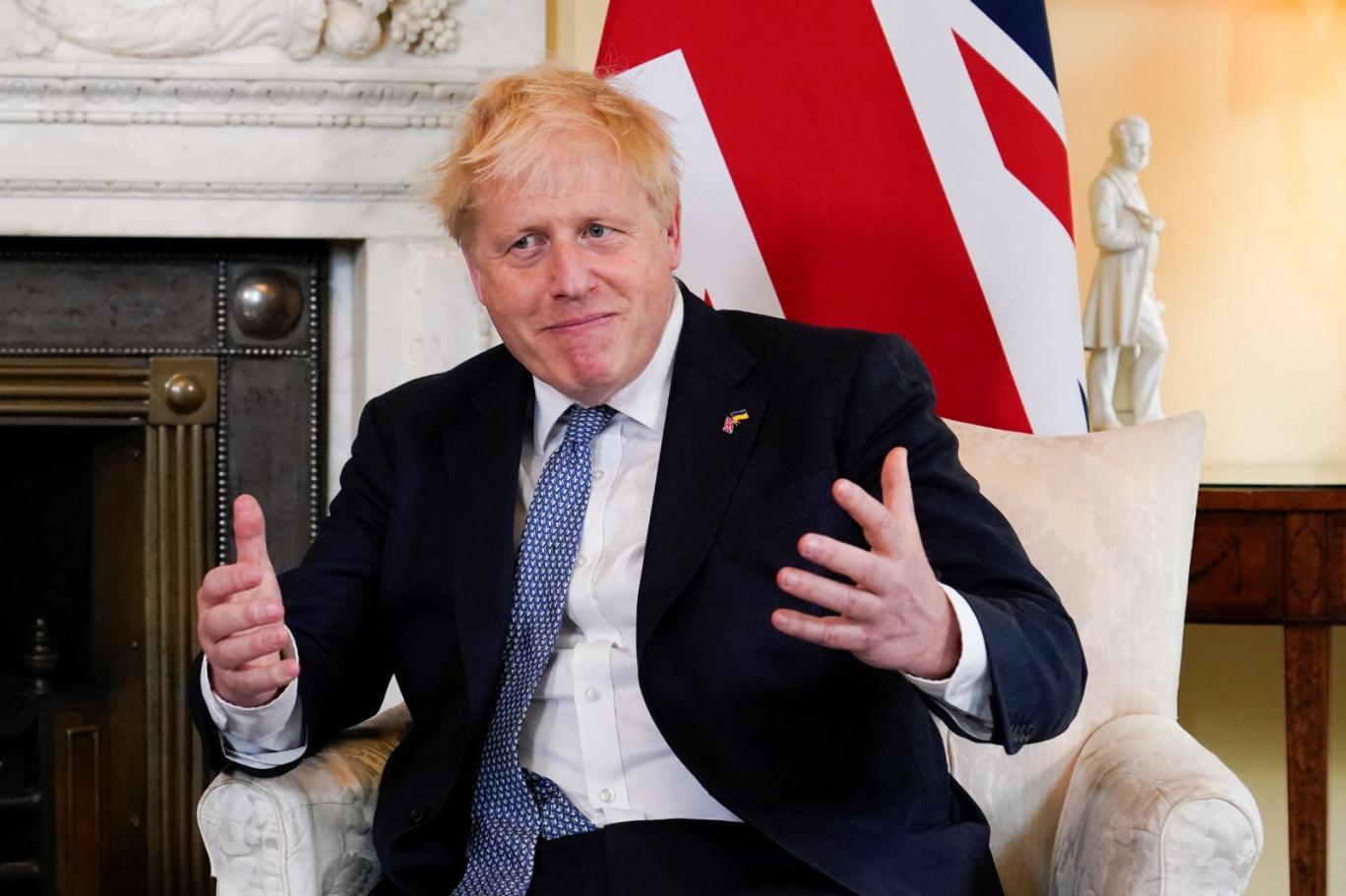Boris Johnson said he tried to use a political magazine as a voter ID when he went to the polls this week.
Johnson tried to vote in the local elections in South Oxfordshire on Thursday but was caught up in a law that he himself introduced when he was Prime Minister.
Officials had turned the former Conservative Party leader away because he could not produce a valid voter ID.
Writing for the Daily Mail after the incident, Johnson claimed that he had tried to use a copy of Prospect magazine as an identity.
“I especially want to thank the three villagers who rightly turned me away when I arrived at the polling station on Thursday with nothing to prove my identity except the cover of Prospect magazine with my name and address on it,” Johnson said.
I showed them the magazine and they looked very skeptical. In a few minutes I went back with my driver’s license and voted for the Conservative Party.
Since May 2023, some elections in the UK have required voters to bring photo ID with them.
Alan Rusbridger, editor of Prospect, tweeted that he was “delighted” by Johnson’s support for the magazine, but reminded readers of restrictions on using the magazine as proof of identity.
The former Guardian editor wrote on Twitter/X: “Warning to potential subscribers: The magazine is miraculous in many ways, but it cannot be used as a photo ID,” he wrote.
Johnson, then prime minister, said this when he introduced the law in 2021:
Our goal is to protect democracy and the transparency and integrity of the electoral process. I don’t think it is unreasonable to ask first-time voters to show their ID.
Those in ministries had argued that Johnson’s amendment was necessary to reduce electoral fraud.
Critics of the voter ID rules have pointed out that cases of electoral fraud are rare in the UK. According to the latest data from the Electoral Commission, only 11 out of 1386 cases of electoral fraud between 2018 and 2022 resulted in convictions.
There are also concerns that voter ID laws could disproportionately affect the ability of marginalized communities to vote.
source: https://www.independent.co.uk/news





